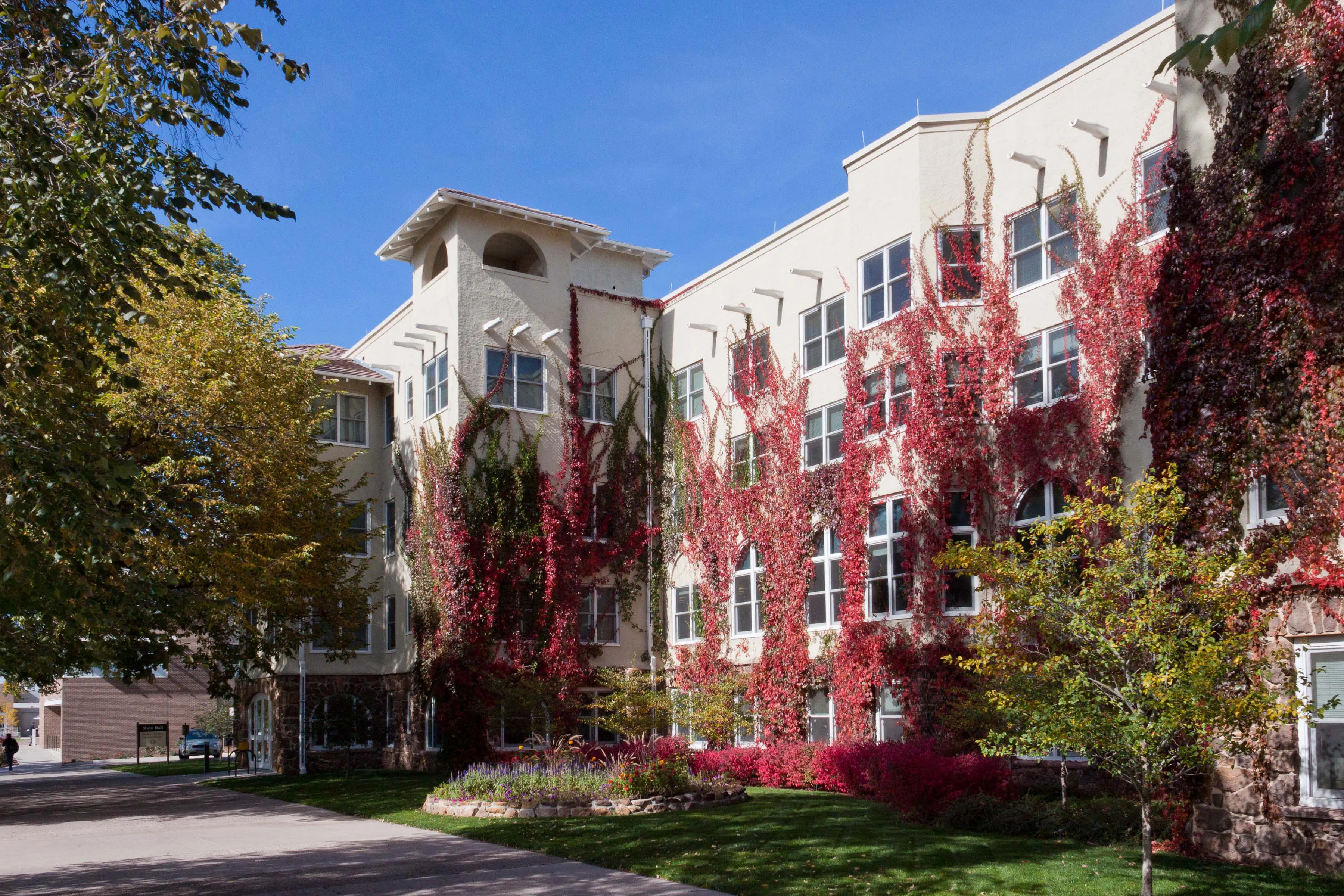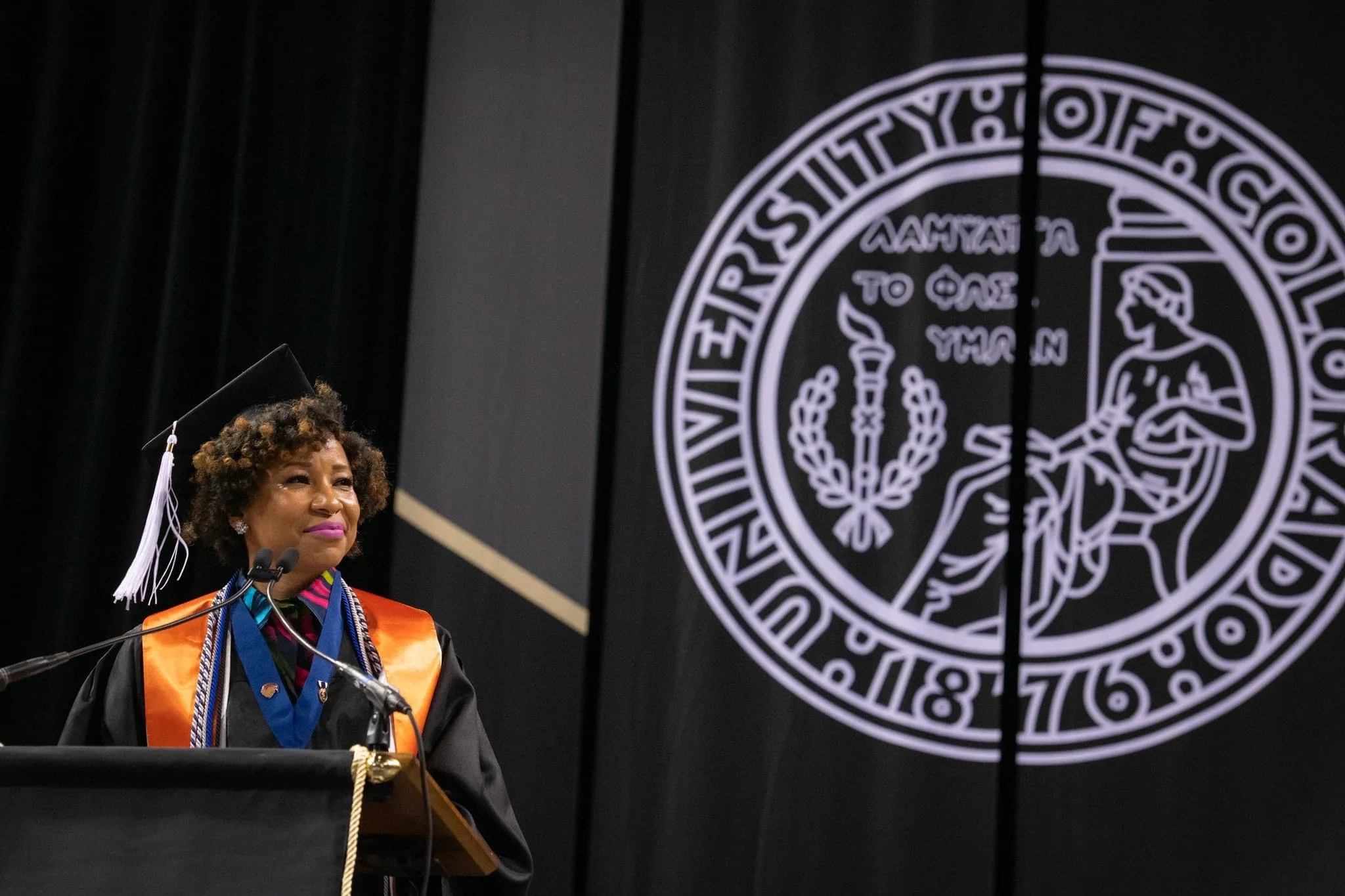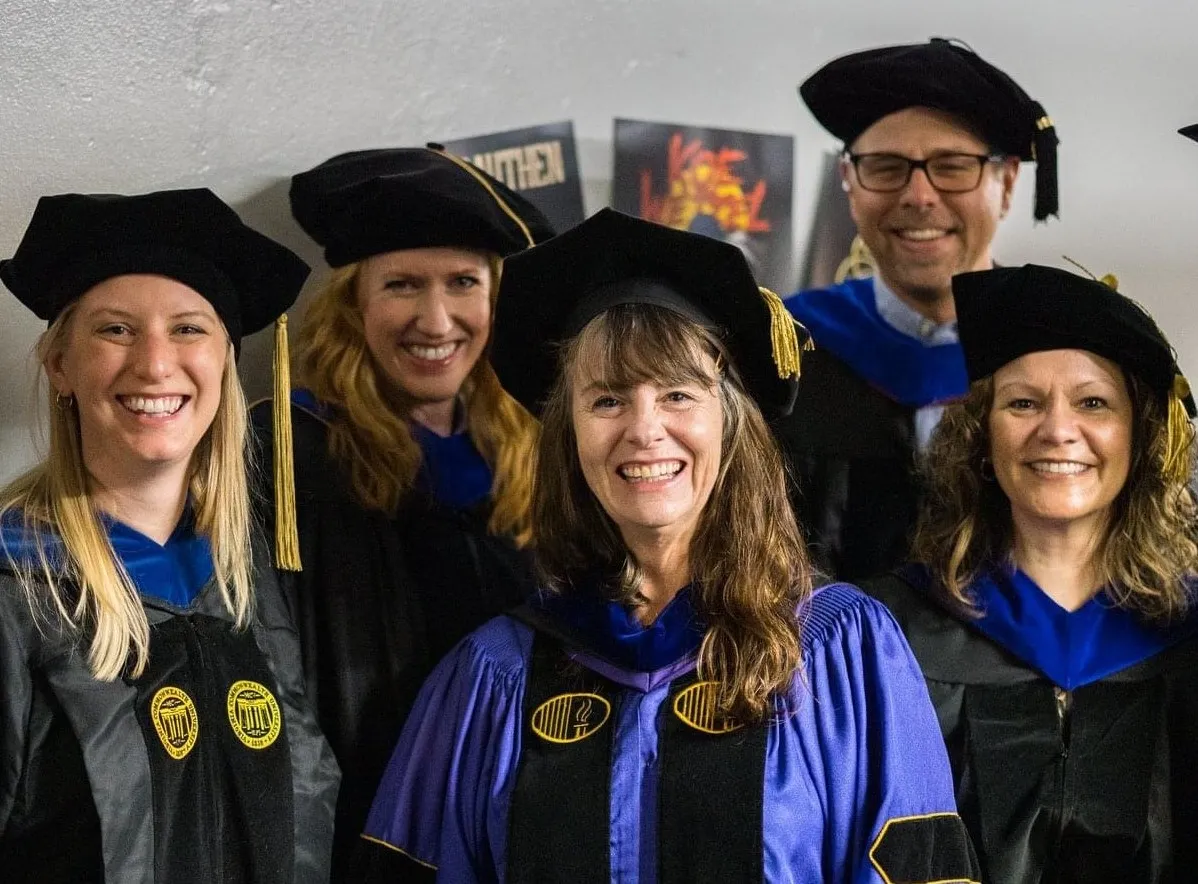
About the Department
Psychology is the scientific study of the mind and behavior, seeking to understand how thoughts, emotions, and actions shape the human experience.Mission Statement

The Psychology Department at the University of Colorado Colorado Springs is committed to offering psychology-related education, research, and outreach in response to the needs of the people of Colorado, the nation, and the world. The Department teaches the methodology and core knowledge of academic psychology to undergraduates. It educates and trains graduate students in the general principles and concepts of psychology and also provides them with specialized expertise in clinical psychology.
Department History

In 1967, David Nichols was the only instructor within the Department. Professor Nichols became the first Professor Emeritus in 1986.
In 1977, the Psychology Department began offering an MA in Psychology. Beginning in the early 1980s, the Psychology Department began planning for a doctoral program (PhD) in psychology with an emphasis on aging.
In 2004, the Psychology Department added a PhD program in Clinical Psychology with Curricular Emphasis in Geropsychology.
The first doctoral class of students was accepted in 2004 and awarded its first PhD in 2007.
A Trauma Psychology track was added to the PhD program in Clinical Psychology in 2014 with the first students matriculating in Fall 2015.
Academic Focus

Psychology is a science that studies behavior from psychological, biological, and social perspectives. The discipline embraces all aspects of the human experience - from the functions of the brain to the actions of nations, from child development to care for the aged. In every conceivable setting from scientific research centers to mental healthcare services, "the understanding of behavior" is the enterprise of psychologists.
Department Faculty

Our faculty members are experts in the field, active researchers, and engaged educators. They offer our students direct access to expertise in a wide variety of specializations, including clinical psychology, aging and mental health, trauma and resilience, child development, biopsychology, developmental psychology, cognitive psychology, social psychology, health psychology, evolutionary psychology, neuropsychology, behavioral genetics, emotion, personality psychology, substance use, quantitative methods, and many others. They are all active researchers who engage students in research, publish routinely in esteemed journals of psychology, and present papers at national and international conferences.